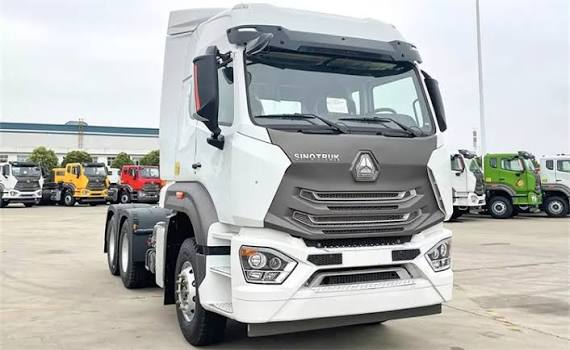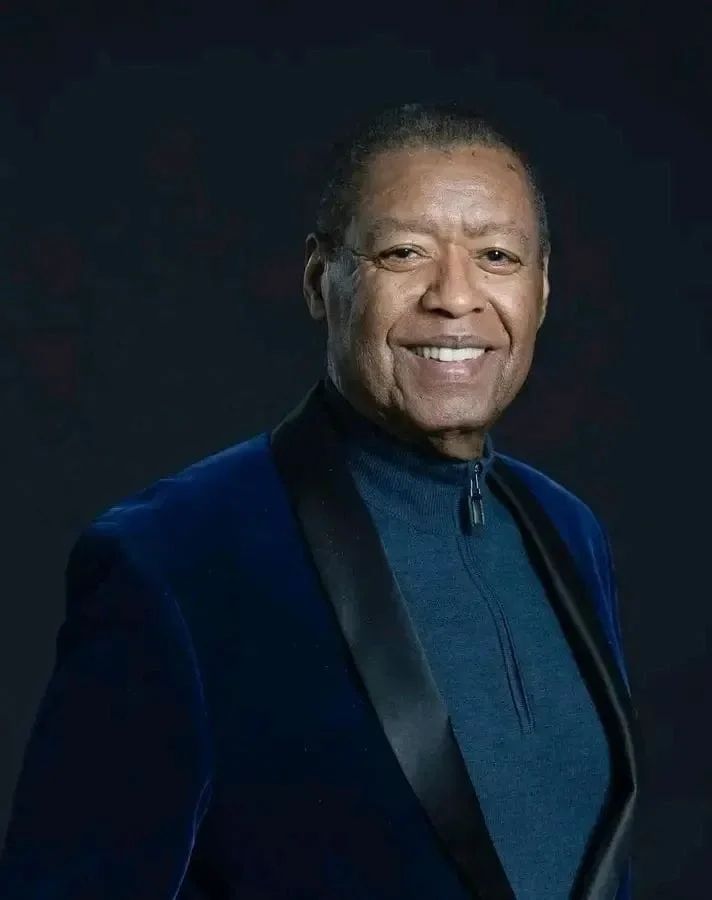
At the 17th U.S.-Africa Business Summit held in Luanda, Angola, African leaders called on the United States to pivot from aid-based engagement to investment-led partnerships that promote human capital development, infrastructure, and economic growth across the continent. They also pressed for a review of U.S. tariffs on African exports, advocating a shift toward more equitable and transformative trade relationships.
The annual summit, organized by the Corporate Council on Africa (CCA), serves as a key platform for fostering stronger U.S.-Africa business ties across critical sectors such as agribusiness, energy, healthcare, ICT, infrastructure, trade facilitation, and finance.
In his opening remarks, Angola’s President João Lourenço emphasized the need for a fundamental rethinking of U.S. engagement with Africa, urging American companies to seize emerging opportunities on the continent through long-term, mutually beneficial partnerships.
“It is time to replace the logic of aid with the logic of ambition and private investment,” said Lourenço.
“Africa should be seen as a credible partner—rich in potential, in need of capital and expertise, and eager to collaborate for shared prosperity.”
He stressed that Africa is no longer a passive recipient of aid but a dynamic frontier of innovation and enterprise.
Echoing similar sentiments, President of the African Development Bank Group, Dr. Akinwumi Adesina, called for a review of the high tariffs imposed on African exports to the U.S.
“What is needed is more trade between Africa and the U.S., not less,” Adesina said.
Also speaking at the summit, John Olajide, Chairman of the Corporate Council on Africa, underscored the immense economic potential of a well-structured U.S.-Africa partnership. He called for stronger collaboration across both public and private sectors, while emphasizing the importance of regional integration and infrastructure development within Africa.
“With over 2,000 participants from across Africa and the diaspora attending this summit, I’m confident that our nations are well represented. A robust U.S.-Africa business relationship can transform economies, especially as Africa brings vital assets such as critical minerals needed for green technologies,” Olajide said.
He urged African leaders to harmonize visa regimes across the continent to unlock the full potential of the African Continental Free Trade Area (AfCFTA). He cited the challenges some African participants faced in securing entry into Angola, while their American counterparts entered with ease.
“We cannot continue to speak of economic integration while we lack easy access to one another. Until we ease visa restrictions within Africa, the goals of the AfCFTA will remain out of reach,” Olajide noted.
“Intra-African trade, cross-border collaboration, and infrastructure development all depend on seamless regional connectivity.”
Representing the U.S. government, Massad Boulos, Senior Advisor for Africa, emphasized the Trump administration’s commitment to moving beyond aid, toward technology-driven investments across Africa. He reiterated U.S. interest in engaging with stable African nations to foster peace and prosperity.
“President Donald Trump is committed to Africa—particularly to countries free of crisis. Lasting peace is the foundation for sustainable investment and infrastructure development,” Boulos stated.
“A peaceful African environment will unlock new opportunities for U.S. investment in the region.”









